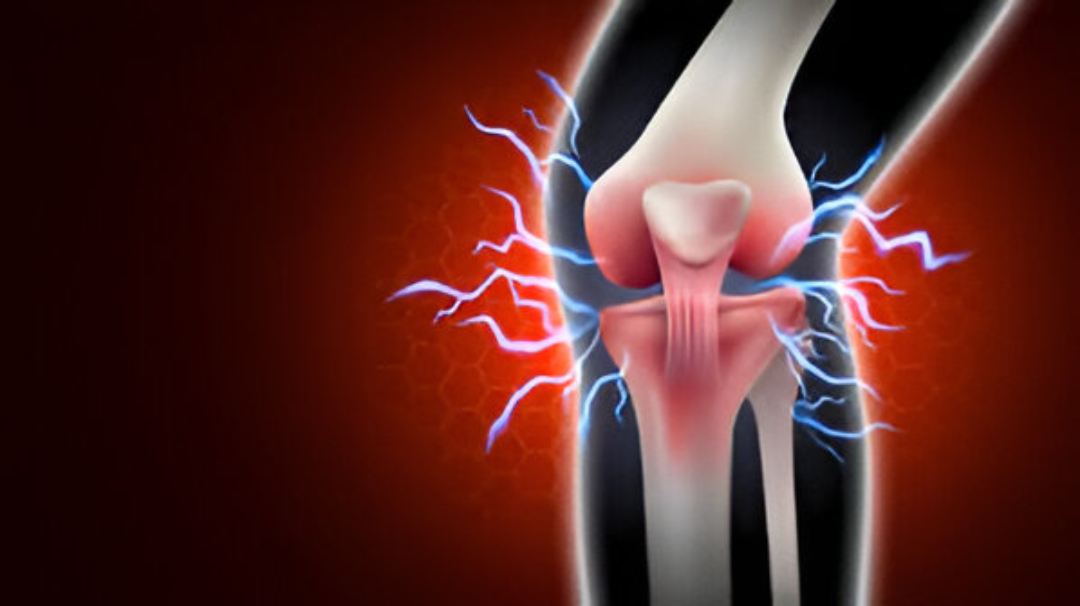- Published Date: 19-07-2025

When we talk about joint health, most people immediately think of calcium, vitamin D, or cartilage protection. But one crucial factor often goes unnoticed – hydration. Water plays a vital role not just in keeping you refreshed, but also in keeping your joints healthy, lubricated, and functioning smoothly. At Noida Sports Injury Center, we believe that understanding and maintaining hydration can significantly improve joint function, aid recovery, and prevent long-term issues – especially for athletes and individuals leading active lifestyles.
Joints are the points where two bones meet, supported by cartilage, ligaments, tendons, and synovial fluid. These components work together to provide stability, flexibility, and ease of movement. Whether you're an athlete, a gym enthusiast, or someone dealing with age-related joint discomfort, healthy joints are essential for daily functioning and long-term mobility.
At Noida Sports Injury Center, we often see patients dealing with joint pain, inflammation, stiffness, and reduced mobility. While most cases involve biomechanical or injury-related causes, we have noticed that poor hydration levels often contribute to delayed healing and persistent discomfort.
Water makes up about 60–70% of the human body, and joints are no exception. Here’s how water directly supports your joint health:
Synovial fluid is the viscous fluid that fills the space between bones in your joints. It acts as a lubricant and shock absorber, helping joints move smoothly. Synovial fluid is primarily composed of water. When the body is dehydrated, synovial fluid production decreases, leading to increased friction and discomfort during movement.
Cartilage is the flexible, spongy tissue that covers the ends of bones and prevents them from rubbing against each other. It contains a high percentage of water, which helps it maintain its structure and absorb shock. Without proper hydration, cartilage can become dry, brittle, and more prone to wear and tear, increasing the risk of osteoarthritis and injury.
Hydration is essential for circulating nutrients to joint tissues and removing waste products that accumulate during physical activity or inflammation. Poor hydration may slow down this process, contributing to joint stiffness and delayed recovery from injuries.
During exercise or physical therapy, the body temperature rises. Water helps regulate this temperature and manage inflammation – a common symptom in joint disorders and sports injuries. Staying hydrated keeps inflammatory markers in check, reducing joint swelling and promoting better healing outcomes.
It’s not always obvious when your body is low on water. Here are some early signs of dehydration that can impact your joints
If you’re experiencing joint discomfort along with any of these signs, hydration could be the missing link in your joint care routine.
At Noida Sports Injury Center, our specialists emphasize hydration as part of every recovery and preventive care plan. Here are some tips to keep your joints in top condition
Don’t wait until you’re thirsty. Thirst is a late sign of dehydration. Aim to sip water regularly throughout the day, especially during exercise or in hot weather.
If you’re physically active, your hydration needs are higher. Drink water 30 minutes before activity, take small sips every 15–20 minutes during exercise, and rehydrate fully post-workout. This is crucial for athletes and fitness enthusiasts visiting our center for injury prevention and sports therapy.
Sweating causes a loss of not just water but also vital electrolytes like sodium, potassium, and magnesium. Consider natural sources like coconut water, fruit-infused drinks, or medically approved electrolyte solutions, especially if you're engaged in intense physical training.
Fruits like watermelon, oranges, cucumber, tomatoes, and leafy greens contribute to hydration. These are also packed with antioxidants that support joint repair and reduce inflammation.
Excess caffeine and alcohol can have a diuretic effect, increasing water loss from the body. Balance your intake with extra water if you consume these regularly.
For patients recovering from ACL tears, meniscus injuries, ligament sprains, or post-surgical rehabilitation, hydration becomes even more critical. Water supports the recovery process in several ways
At Noida Sports Injury Center, we integrate hydration monitoring into our treatment protocols. Whether you're receiving physiotherapy, undergoing post-operative care, or managing chronic joint pain, we encourage patients to maintain proper fluid intake to optimize healing.
Different individuals have different hydration needs. Here’s a breakdown based on lifestyle and age group
Hydration is one of the most natural and accessible tools to support your joint health. While supplements and therapies have their place, nothing replaces the benefits of adequate water intake. At Noida Sports Injury Center, we remind our patients that small, consistent habits make the biggest difference.
If you're experiencing joint pain, stiffness, or recovering from a sports injury, evaluate your hydration habits alongside your treatment plan. A well-hydrated body responds faster to therapy, experiences less pain, and enjoys greater mobility.
Let your first step to better joint health begin with a glass of water.
Need expert guidance?
Book your consultation today at Noida Sports Injury Center and let our experienced team support your journey to pain-free movement and better performance.